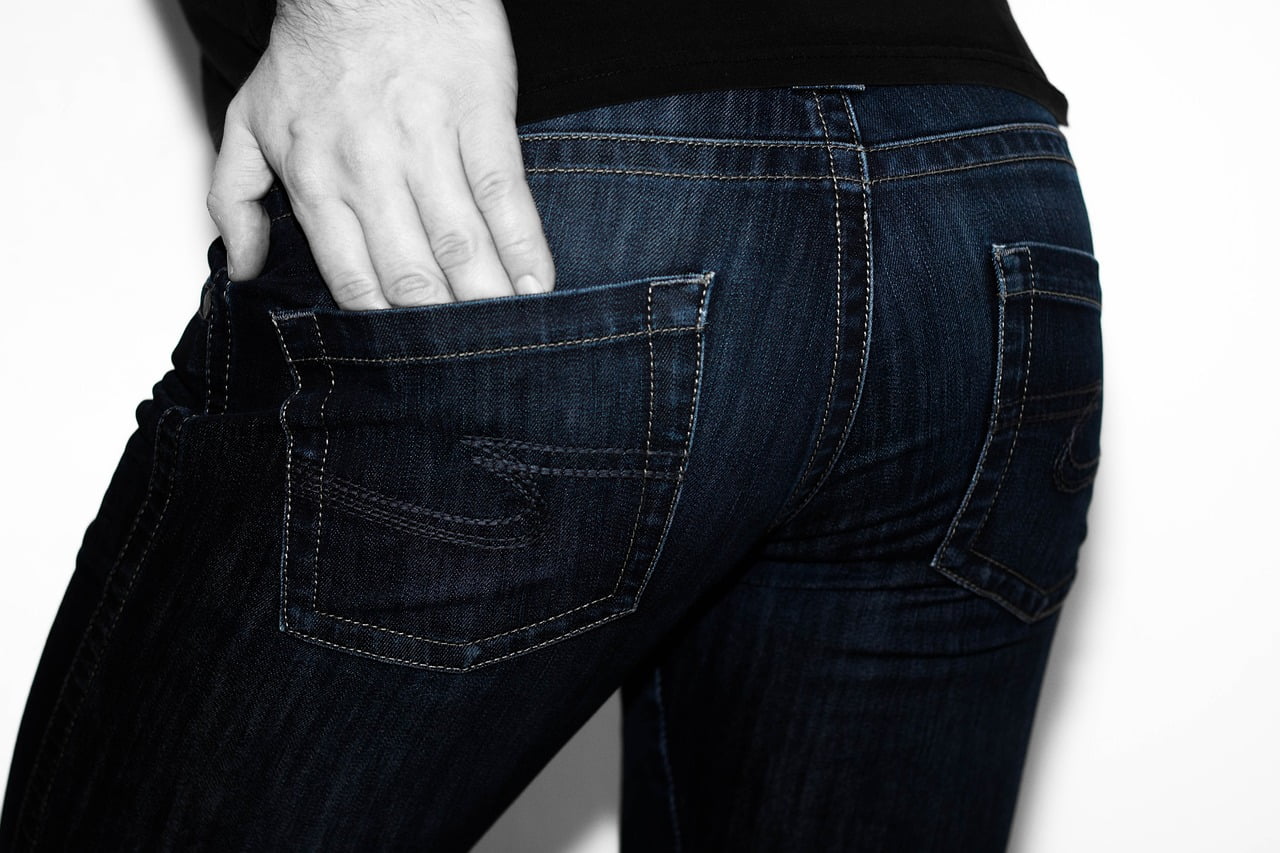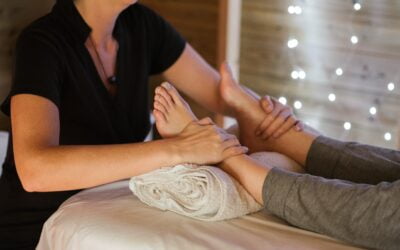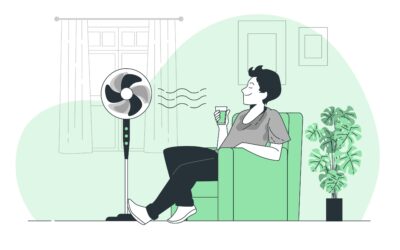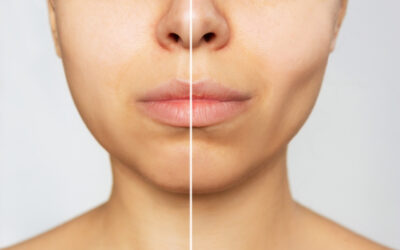Have you ever wondered why your butt always feels unusually cold? It’s a perplexing question that many individuals have pondered at some point. While it may seem like a trivial matter, the persistent sensation of a cold bottom can be both uncomfortable and concerning. In this article, we will explore 10 possible reasons why your butt may always feel cold, shedding light on potential causes that range from physiological factors to environmental influences. By delving into these explanations, we hope to provide you with a better understanding of why you might be experiencing this peculiar phenomenon.
Symptoms of Cold Butt.
Symptoms of cold butt refer to a condition where an individual experiences discomfort, chilliness or a sensation of coldness in the buttocks area. While it may seem like a trivial issue, it can cause significant discomfort and affect daily activities. The symptoms associated with cold butt can vary in intensity and duration and may include:
1. Sensation of Coldness.
The primary symptom of cold butt is the feeling of coldness in the buttocks region, which can be persistent or intermittent. This sensation can be described as a chilling or freezing feeling, similar to sitting on a cold surface.
2. Numbness or Tingling.
Alongside the cold sensation, individuals may experience numbness or tingling in their buttocks. This can create an uncomfortable sensation and may be accompanied by a loss of normal sensation or reduced sensitivity.
3. Muscular Stiffness or Tension.
Cold butt can lead to muscle stiffness or tension in the buttocks area. This can cause discomfort, restrict movement and make it challenging to sit or perform activities that require the engagement of the gluteal muscles.
4. Reduced Circulation.
The coldness in the buttocks area can indicate reduced blood circulation. Poor blood flow can lead to a lack of oxygen and nutrients reaching the tissues, resulting in discomfort and potential tissue damage if left untreated.
5. Cold Sensitivity.
Individuals with cold butt may become more sensitive to cold temperatures in general. They may feel the cold more intensely, even in situations where others may not be affected to the same degree.
6. Impaired Functioning.
The discomfort caused by cold butt can impact an individual’s ability to perform daily tasks or participate in physical activities. It can interfere with sitting for extended periods, exercising or engaging in recreational activities.
7. Psychological Impact.
Prolonged symptoms of cold butt can have psychological effects, such as frustration, irritability or anxiety. Dealing with persistent discomfort can be mentally draining and affect overall well-being.
| *Note. It is important to note that cold butt can be caused by various factors, including cold weather exposure, poor circulation, sitting on cold surfaces, nerve impingement or certain medical conditions. Consulting a healthcare professional is advisable to determine the underlying cause and receive appropriate treatment. |
Why is My Butt Always Cold : 10 Possible Reasons.
1. Lack of Insulation.
Your buttocks may feel cold if there is insufficient fat or muscle tissue to provide insulation. This can make the area more susceptible to temperature changes.
2. Poor Circulation.
Reduced blood flow to the buttocks can result in a constant feeling of coldness. Conditions like peripheral artery disease or Raynaud’s disease can cause poor circulation, leading to cold buttocks.
3. Sitting on Cold Surfaces.
Spending long periods on cold seats such as metal or stone, can cause your buttocks to become cold. Lack of proper padding or insulation between your body and the surface can lead to discomfort.
4. Cold Weather.
If you live in a region with low temperatures, your buttocks may feel cold due to exposure to the chilly air. The lack of warm clothing or inadequate layering can exacerbate this sensation.
5. Nerve Damage.
Nerve damage in the buttocks region caused by conditions like diabetes or spinal cord injury, can disrupt normal temperature sensations. This can result in a persistent feeling of coldness.
6. Poorly Insulated Clothing.
Wearing thin or poorly insulated pants or underwear can fail to retain body heat effectively, leaving your buttocks exposed to the cold.
7. Vasoconstriction.
Certain medications or medical conditions can cause vasoconstriction, which is the narrowing of blood vessels. This narrowing can reduce blood flow to the buttocks, making them feel colder.
8. Hypothyroidism.
Underactive thyroid function known as hypothyroidism, can lead to a slower metabolism and decreased body temperature regulation. This can cause your buttocks alongwith other body parts to feel cold.
9. Anemia.
Iron deficiency anemia can result in poor circulation and decreased blood flow to various parts of the body, including the buttocks. This can lead to a constant feeling of coldness in the area.
10. Poor Heat Retention.
Some individuals naturally have difficulty retaining body heat. If your body struggles to keep warm you may experience cold buttocks more frequently than others.
| *Note. It is important to note that if you are concerned about the coldness in your buttocks or experience any other persistent symptoms, it is advisable to consult with a healthcare professional for proper diagnosis and treatment. |
How To Prevents Cold Butt?
How to prevent cold butt during winters or in cold environments:
1. Layer up.
Wearing multiple layers of clothing can help to insulate your body, including your butt, from the cold. Opt for thermal or woolen undergarments, followed by thicker pants or leggings.
2. Choose The Right Materials.
Avoid wearing clothing made of thin or breathable fabrics as they may not provide sufficient warmth. Instead, opt for materials like fleece or flannel that trap heat and provide insulation.
3. Invest in Thermal Seat Cushions.
If you frequently find yourself sitting on cold surfaces such as metal or stone, consider purchasing thermal seat cushions. These cushions are designed to provide an extra layer of insulation and prevent cold from seeping through.
4. Use Blankets or Cushions.
When sitting for extended periods outdoors or on cold surfaces, bring along a blanket or cushion to place on your seat. This will create a barrier between your body and the cold, minimizing heat loss.
5. Keep Your Feet Warm.
Cold feet can contribute to an overall feeling of coldness. Ensure you wear warm socks and insulated shoes or boots to keep your feet cozy. By keeping your feet warm you can help to maintain warmth throughout your body, including your butt.
6. Stay Active.

Engaging in physical activity can help to increase blood circulation which in turn generates heat and keeps your body warm. Regular movement and exercise can prevent your butt from becoming cold and uncomfortable.
7. Seek Shelter.
If possible, try to find sheltered areas or indoor spaces when the temperatures are particularly low. This will help to protect your body from extreme cold and prevent your butt from getting cold.
8. Use Heated Seats or Cushions.
If you have access to heated car seats or heated cushions, utilize them to warm up your butt during cold weather. This can provide instant relief and comfort.
9. Stay Hydrated.
Drinking enough fluids helps to regulate body temperature and keeps you warm from within. Ensure you stay properly hydrated as dehydration can make you more susceptible to feeling cold.
10. Practice Good Posture.
Sitting up straight with good posture can help to minimize direct contact between your butt and cold surfaces. This can reduce heat loss and prevent your butt from getting cold.
| 💡 Tips FreakToFit.com Remember, everyone’s sensitivity to cold may vary, so it’s important to assess your personal comfort levels and adjust accordingly. Stay warm and take care of your butt during chilly weather. |
Bottom Line.
There can be several reasons why your butt always feels cold. It could be due to poor circulation, wearing tight clothing, sitting on cold surfaces for prolonged periods, lack of insulation, hormonal imbalances or even certain medical conditions. Additionally, colder weather, inadequate physical activity or an unhealthy lifestyle can also contribute to this sensation. It is important to identify the underlying cause and take necessary steps to address it, such as wearing appropriate clothing, staying active and maintaining a balanced lifestyle. If the issue persists or is accompanied by other concerning symptoms, it is advisable to consult a healthcare professional for further evaluation and guidance.

 Workout
Workout
 Meditation
Meditation


 Stories
Stories


 Podcast
Podcast E-book
E-book











